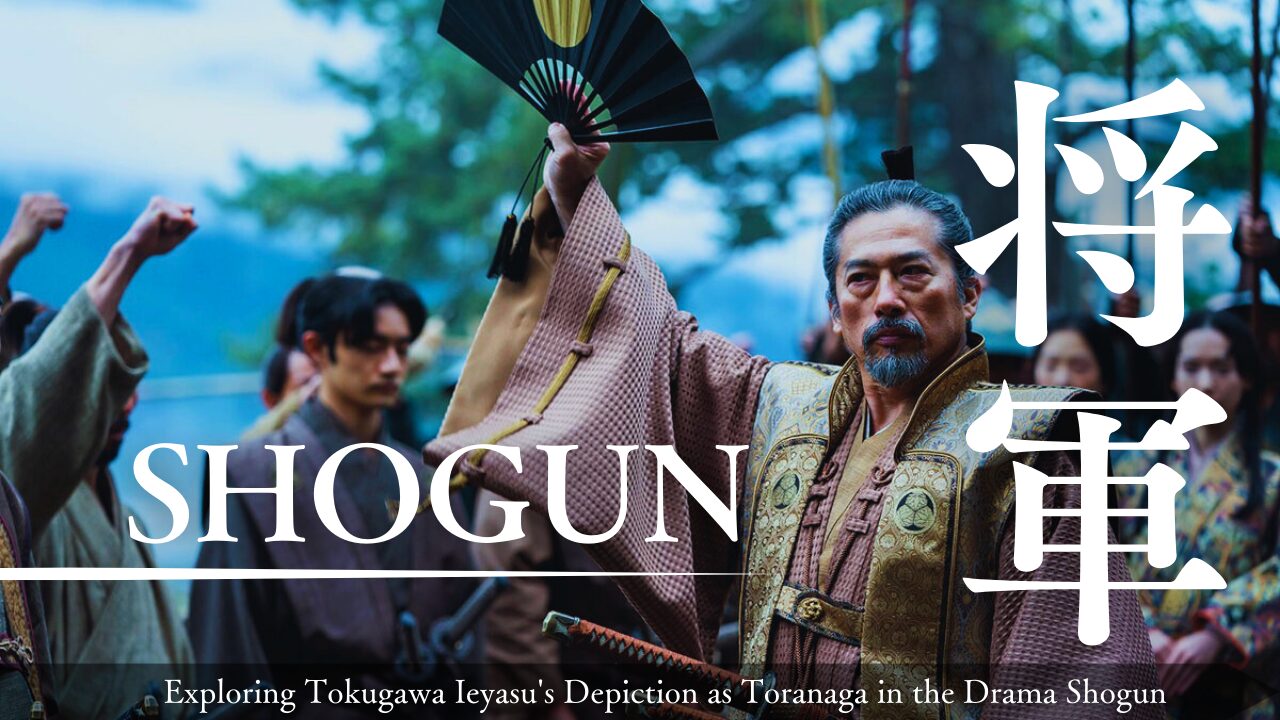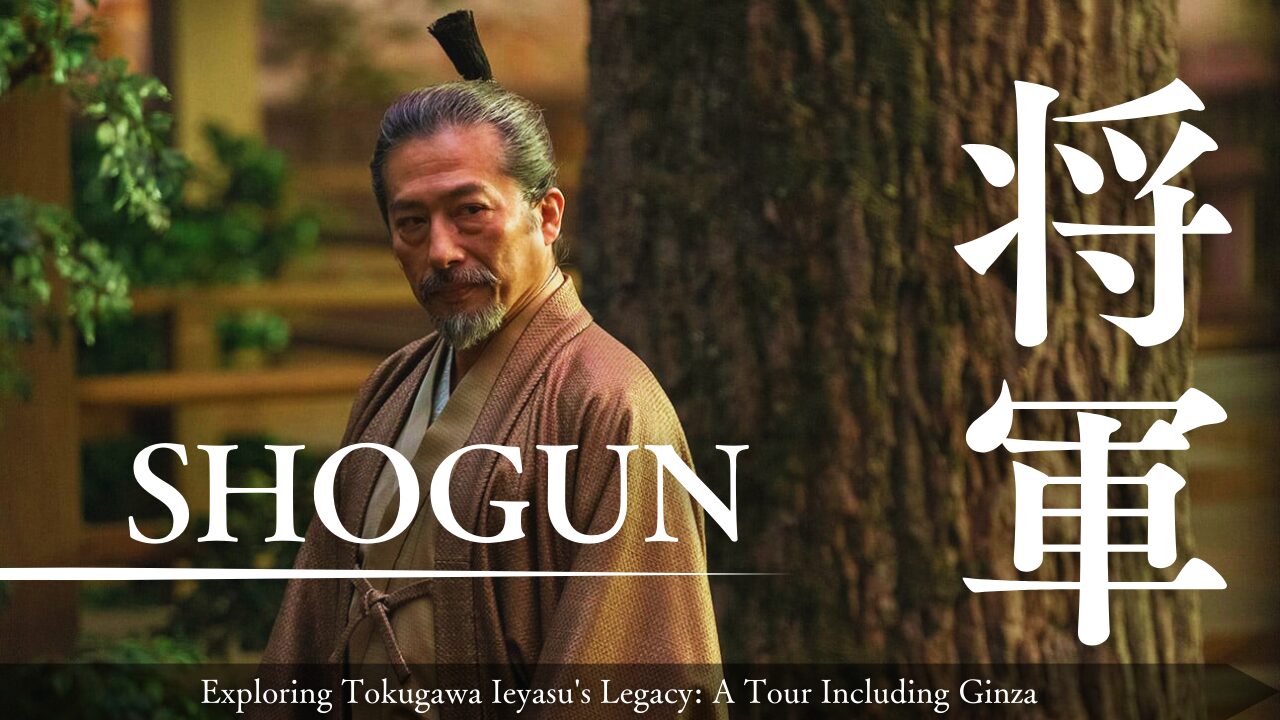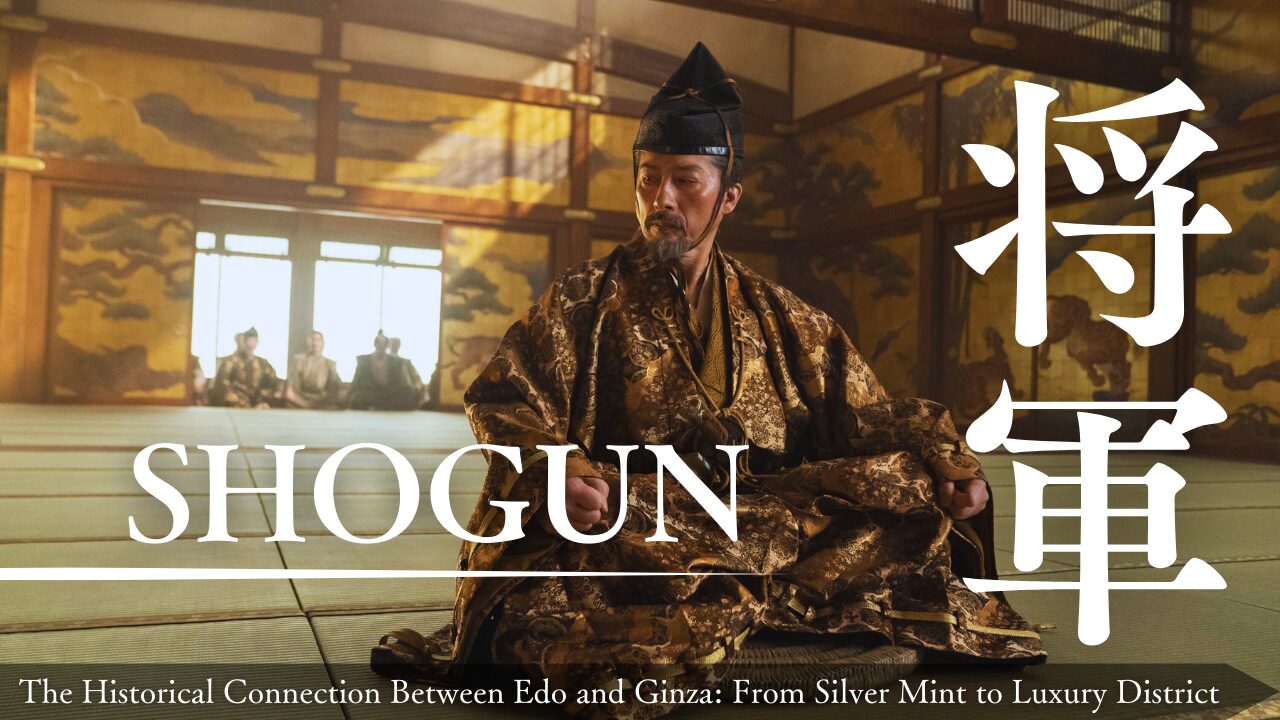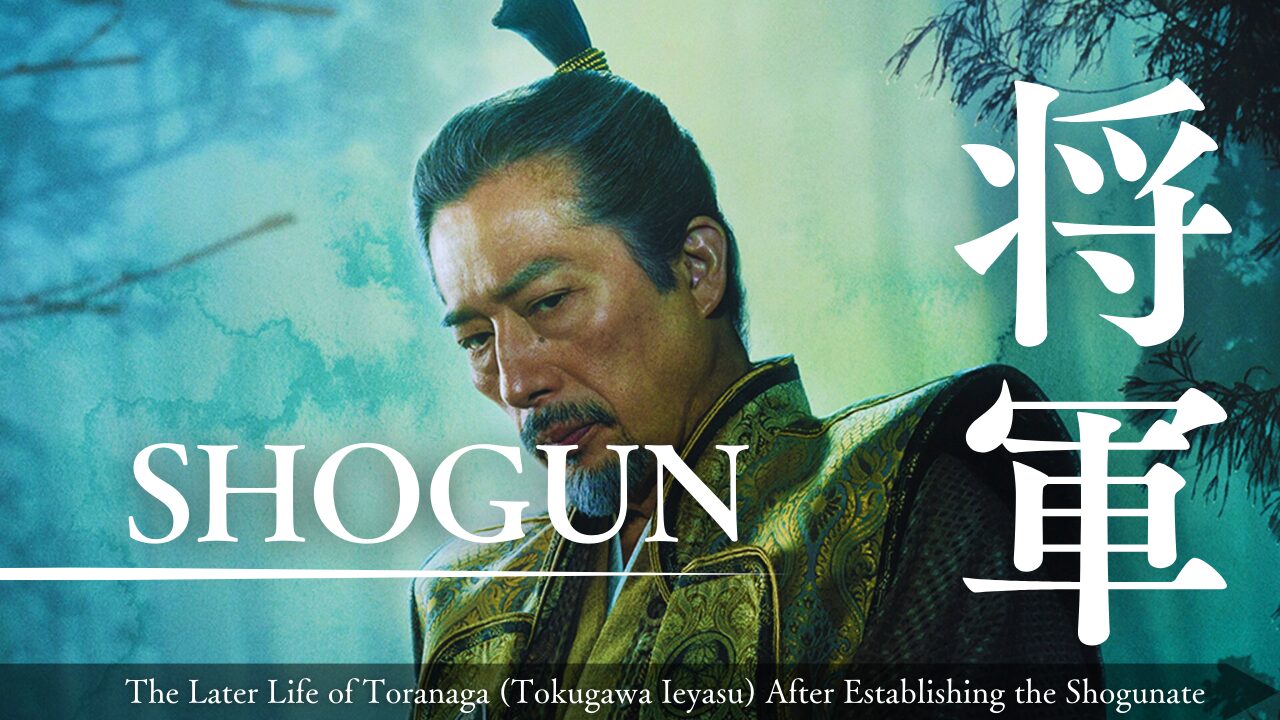
Table of Contents
Introduction
The drama Shogun Central to its narrative is the character Lord Toranaga, a portrayal of Tokugawa Ieyasu, the founder of the Edo Shogunate. This article explores how Toranaga represents Ieyasu, delving into his personality, his This article explores how Toranaga represents Ieyasu, delving into his personality, his comparison with other famed warlords, and the profound impact of his rule on Japanese history.
Toranaga as Tokugawa Ieyasu in Shogun
In ShogunThe drama uses his character to shed light on the intricate political landscape of the Sengoku period. Through Toranaga, viewers witness the strategic acumen and patient leadership that characterized Ieyasu's ascent to power and his role in united Through Toranaga, viewers witness the strategic acumen and patient leadership that characterized Ieyasu's ascent to power and his role in unifying Japan.
The Character of Toranaga (Tokugawa Ieyasu)
Toranaga is depicted as a leader of immense patience, wisdom, and foresight-qualities that historically defined Tokugawa Ieyasu. Toranaga is depicted as a leader of immense patience, wisdom, and foresight-qualities that historically defined Tokugawa Ieyasu. His ability to remain steadfast amid turmoil and to make calculated decisions reflects Ieyasu's real-life approach to governance. This portrayal underscores the value of resilience and long-term vision in leadership.
The Three Great Unifiers of Japan
Japanese history venerates three warlords who played crucial roles in the country's unification:.
- Oda Nobunaga: Known for his boldness and ruthlessness.
- Toyotomi Hideyoshi: Celebrated for his resourcefulness and diplomacy.
- Tokugawa Ieyasu: Respected for his patience and strategic patience.
A famous Japanese poem encapsulates their differing approaches using the metaphor of a cuckoo that won't sing.
- "If the cuckoo does not sing, kill it." - Oda Nobunaga
- "If the cuckoo does not sing, make it sing." - Toyotomi Hideyoshi
- "If the cuckoo does not sing, wait for it to sing." - Tokugawa Ieyasu
This poem highlights how each leader's personality influenced their methods of overcoming obstacles.
The Greatness of Tokugawa Ieyasu and the Edo Shogunate
Tokugawa Ieyasu's establishment of the Edo Shogunate in 1603 ushered in a remarkable era:
- Long-lasting Peace: The Edo period spanned over 260 years, providing stability after centuries of conflict.
- Centralized Governance: Ieyasu implemented a feudal system that balanced power among the daimyo, reducing internal strife.
- Cultural FlourishingPeace allowed arts and culture to thrive, giving rise to kabuki theater, ukiyo-e prints, and haiku poetry.
- Economic Development: Improved infrastructure and isolationist policies fostered domestic trade and economic growth.
Ieyasu's legacy is evident in the foundations he laid for modern Japan, influencing its social structure, culture, and government.
Conclusion
The depiction of Tokugawa Ieyasu as Lord Toranaga in Shogun Understanding his character and contributions provides a deeper appreciation for the Edo period's significance. Through patience and strategic foresight, Ieyasu not only unified a nation but also set the stage for centuries of prosperity and cultural richness. Through patience and strategic foresight, Ieyasu not only unified a nation but also set the stage for centuries of prosperity and cultural richness.


































